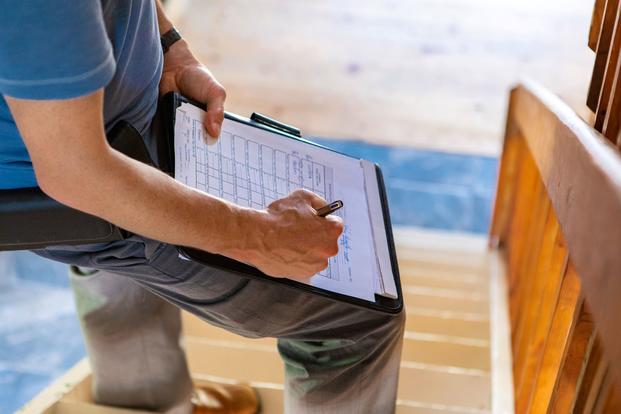The real estate market is a really busy marketplace these days. New and existing home sales are through the roof. You have probably read or heard stories of homes selling in a day and even people competing in person over homes by offering cash or checks on the spot.
When the market is booming as it has been, buyers may feel desperate or have an overwhelming feeling of urgency. These days, more than ever, homes are selling sight-unseen, and some optional, but vital, steps such as getting a proper home inspection are being waived in the hopes to secure a home.
While it is true that time can be of the essence when purchasing a home, one service buyers rarely, if ever, regret is opting for a reliable home inspection. While the out-of-pocket cost is usually $300-$500, it really is impossible to put a price tag on the benefits of a home inspection. Below are four benefits to keep in mind if you are considering a home purchase:
A Home Inspection Offers an Informal Education to the Potential New Homeowner.
The first step when searching for a home is typically an online search and viewing pictures or even a video walk-through. If you are lucky, perhaps you had an opportunity to visit the home in person. A home purchase is probably the most expensive purchase most people will ever make.
Use the inspection process as a time to evaluate your investment. An inspection offers an informal education on what it takes to maintain this specific home, including many important interior and exterior systems. Hiring a professional who knows what to look for and the steps to correct problems may save you thousands of dollars and many headaches down the road.
A Home Inspection Gives Buyers an Inside-Out Evaluation.
A home inspection is a time to evaluate any personal concerns you, the buyer, have. The inspector can look through the specifics of a concern – whether it is a spot on a wall or roof concerns.
Most standard inspections cover an exterior check of exterior walls, foundations, garage and entry access, as well as the condition of the roof. Interior checks include plumbing, electrical, HVAC, water heater, laundry venting, fire safety, bathrooms and sometimes chimneys. If there is a specific worry about mold, that may often come from a separate, more specialized inspection. Make sure your specific concerns are addressed.
A Home Inspection Reveals Obvious and Hidden Issues.
An inspection reveals what your untrained eye may miss. You may have noticed a broken stair rail or missing gutter, but an inspection can often reveal many other problems a home may be hiding within its walls, underground, or inside electrical or plumbing systems.
Some of these issues may not be a deal-breaker and will only require minimal time or investment to correct. However, some other issues could pose significant hazard issues, as well as require tens of thousands of dollars to fix if the problem was to persist.
From safety concerns to high-dollar home repair projects, the return on investment from an inspection is immeasurable.
A Home Inspection Gives You Negotiation Power and the Choice to Walk Away.
After a proper home inspection, the inspector will offer a list of issues that might pose problems. Then, the potential buyer has the option to ask the seller to fix these issues or lower the asking price to reflect the financial costs to repair them themselves.
Most home inspections offer a seven-day window or a contingency in which the buyer can walk away from the purchase and the contract becomes null and void. The inspection offers a way out if the seller won’t fix identified issues and the fixes are too daunting or too expensive for you to take on. A real estate professional will be able to help buyers navigate what is fair and reasonable when making these decisions.
Don’t let the crazy selling timelines and additional cost of the inspection prevent you from doing one. Instead, see it as money well spent for the sake of safety and long-term spending on the home. You will be grateful you have gotten to know your new potential home in this way with all of its special systems.
This article originally appeared on The Millie Journal.




